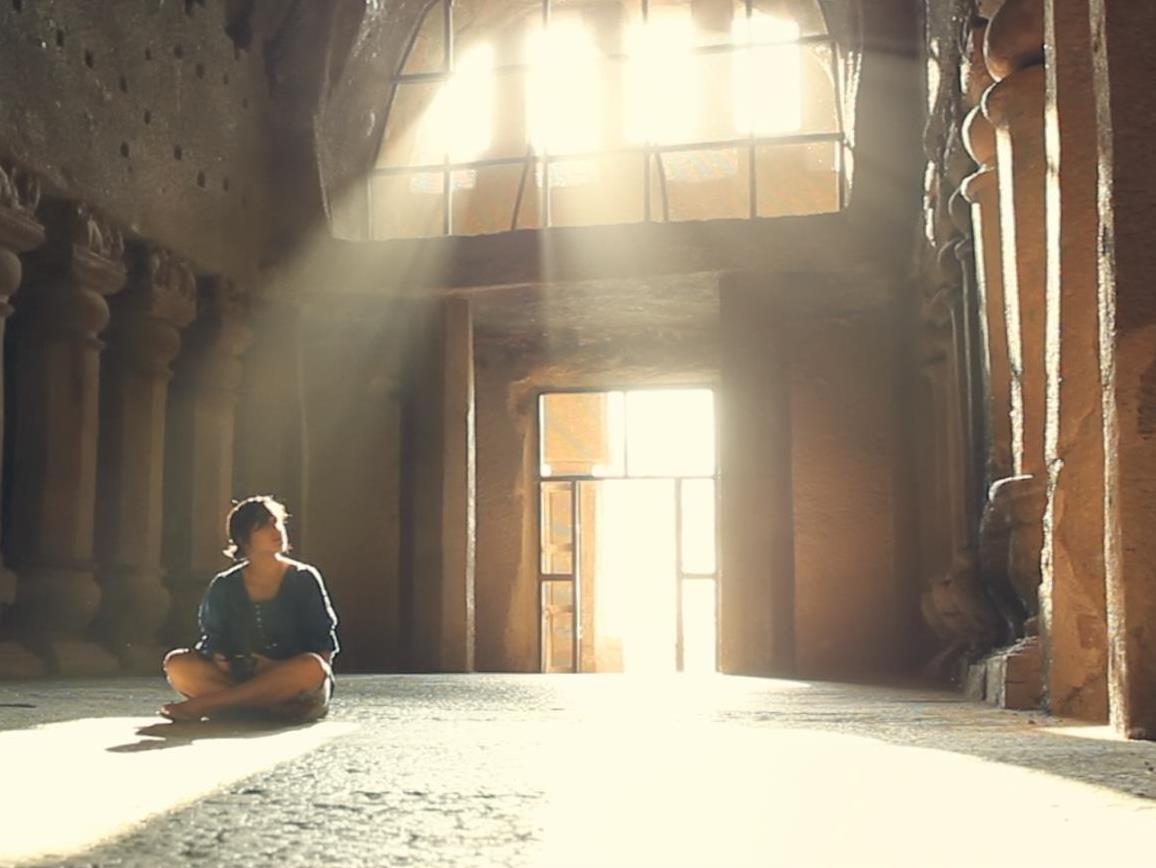A film that takes its title from a famous paradox, must, of course, fill its frames with its puzzling; however, Anand Gandhi’s Ship of Theseus takes care in enacting the famed thought experiment pondered for centuries by both ancient and modern philosophers. Plutarch first wondered whether an object that has had all of its components replaced remains fundamentally the same, and countless others have followed his lead. The feature that bears the parable’s name illustrates Gandhi’s investigation of the concept through a triptych of tales of transformation.
Each of the film’s three protagonists wrestle with alterations to the human body, and the resulting potential cost – not just in tangible terms, but to their identity, spirit and soul. Each is tied to physical maladies that require medical intervention. Each becomes consumed with the consequences of messing with their essence. Though the feature’s thematic intention is obvious, its execution is subtle. With intelligence over emotion, the characters talk, think and feel their way through a metaphysical conundrum that considers the sum of various parts, both in idea and in actuality.
Photographer Aaliya Kamal (Aida Elkashef, Walad w Bent) cannot see, but trades in images; however restorative surgery may change the way she interacts with her art. Monk Maitreya (Neeraj Kabi, Monsoon Shootout) fights for the equality of all living things to his own detriment, refusing life-saving medical treatment on the grounds that the necessary pharmaceuticals are tested on animals kept in poor conditions. Stockbroker Navin (Sohum Shah, Baabarr) reclaims his health through a kidney transplant, yet worries about the source – and the black market for organs that values some lives over others.
Working from a story co-written with Pankaj Kumar and Khushboo Ranka, the first-time feature writer/director builds on his non-cinematic background to craft an effort that values persistence and perception. That he studied philosophy, wrote several plays and toiled away contributing scripts for Indian soap operas can all be seen in his debut film, as can the two shorts, Right Here, Right Now and Continuum, that first brought his meditations on causality and the cyclical nature to the screen. His situations are heightened for easy drama, but fleshed out with intimate details, staged with deliberation and dissected through dialogue.
Shrewd casting aids in his endeavours, with his three leads shouldering tasks of significant complexity in the three parallel yet separate tales. As shot on digital without the typical sheen of Mumbai-set movies, different stylistic energies are evident in each section, but the transition between narratives, performances and aesthetics flows fluidly. Elkashef is energetic and determined in keeping her handheld framing, Kabi remains patient and poised as his matching images linger on his surroundings, and Shah plays it frantic with finesse in a segment surprisingly primed for visual comedy.
Symbolism shines in the naturalistically posed and coloured effort; however, despite the lushness of the outcome, Gandhi doesn’t submit to overt embellishment. Instead, his ambitious and audacious concept remains the star of the show, from its quiet start to its cathartic conclusion. Contemplation courses through the film’s many fragments of its theme, be it life, death, ideals, independence or equality. As it reflects on replacement, reconstitution and the repercussions, Ship of Theseus asks its audience to ruminate as much as its characters.
Rating: 4 out of 5 stars
Ship of Theseus
Director: Anand Gandhi
India, 2012, 140 mins
Indian Film Festival of Melbourne
www.iffm.com.au
1 – 11 May
Actors:
Director:
Format:
Country:
Release:





